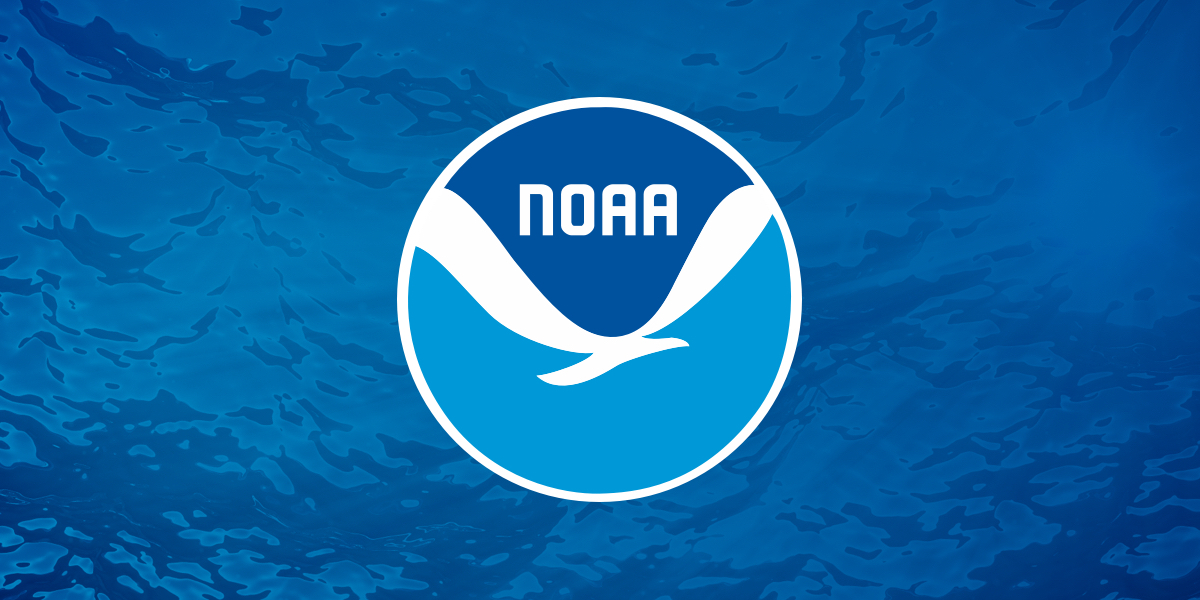searun
Well-Known Member
Some may find this both interesting and possibly heartening to see ocean conditions were ranked 2nd best in last 24 years - this could bode well for a number of salmon which are currently struggling under what was the warm blob.

 www.fisheries.noaa.gov
www.fisheries.noaa.gov
Our ocean ecosystem indicators ranked second best in the 24-year time series (2008 ranked first). The indicators on the stoplight chart of ocean conditions are mostly green, signaling productive ocean conditions for juvenile salmon and other marine species. The early onset of upwelling led to cool and productive ocean conditions during the winter and early spring. This winter 'pre-conditioning' was likely the driver of the highest annual biomass of northern copepods observed in the 24-year time series.

Ocean Indicators Summary for 2021
Summary of ocean ecosystem indicators used to characterize juvenile marine salmon survival in the Northern California Current.
Summary of Ocean Indicators for 2021
2021 was a very productive year off Newport, Oregon, characterized by an early spring transition, strong upwelling, cold salty, low oxygen water, and high chlorophyll concentrations on the shelf. These conditions resulted in higher than average biomass of cold water northern copepods and lower than average biomass of warm water southern copepods.Our ocean ecosystem indicators ranked second best in the 24-year time series (2008 ranked first). The indicators on the stoplight chart of ocean conditions are mostly green, signaling productive ocean conditions for juvenile salmon and other marine species. The early onset of upwelling led to cool and productive ocean conditions during the winter and early spring. This winter 'pre-conditioning' was likely the driver of the highest annual biomass of northern copepods observed in the 24-year time series.
